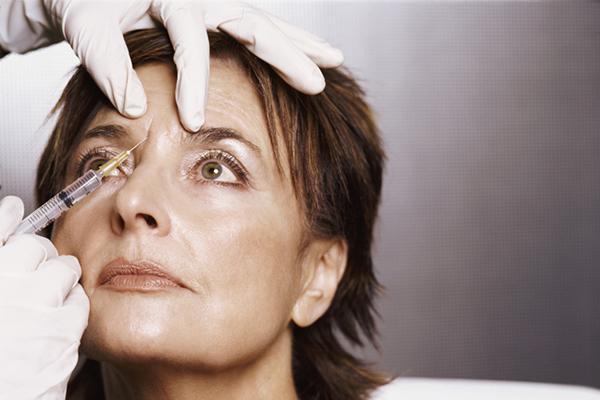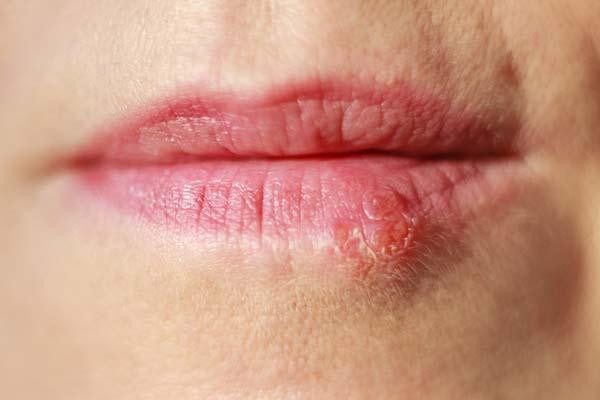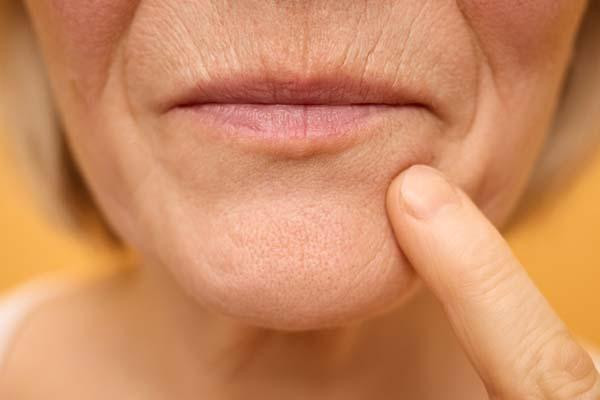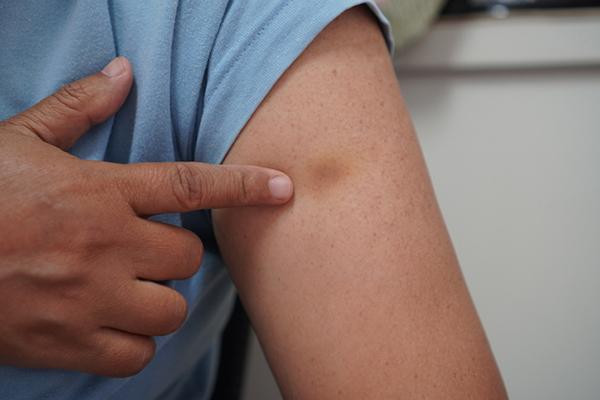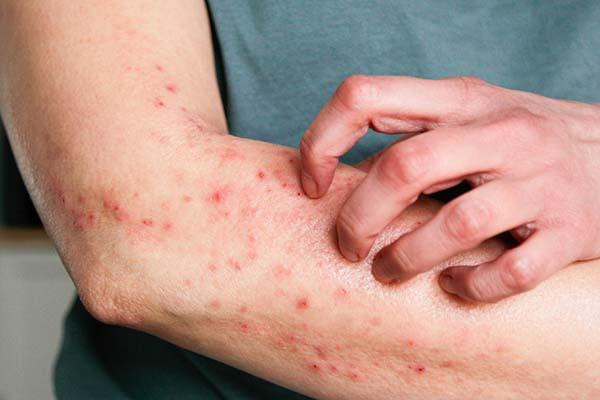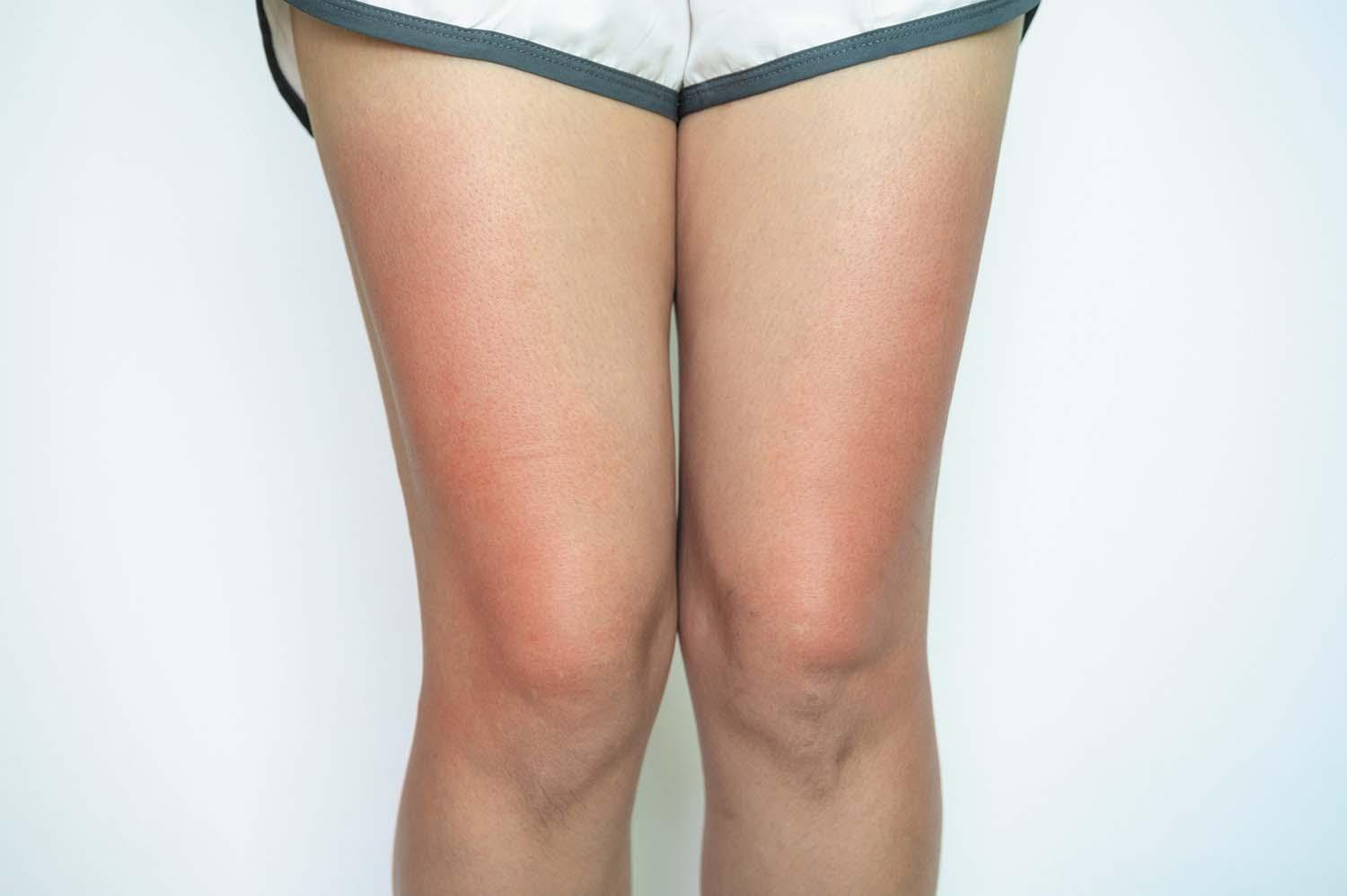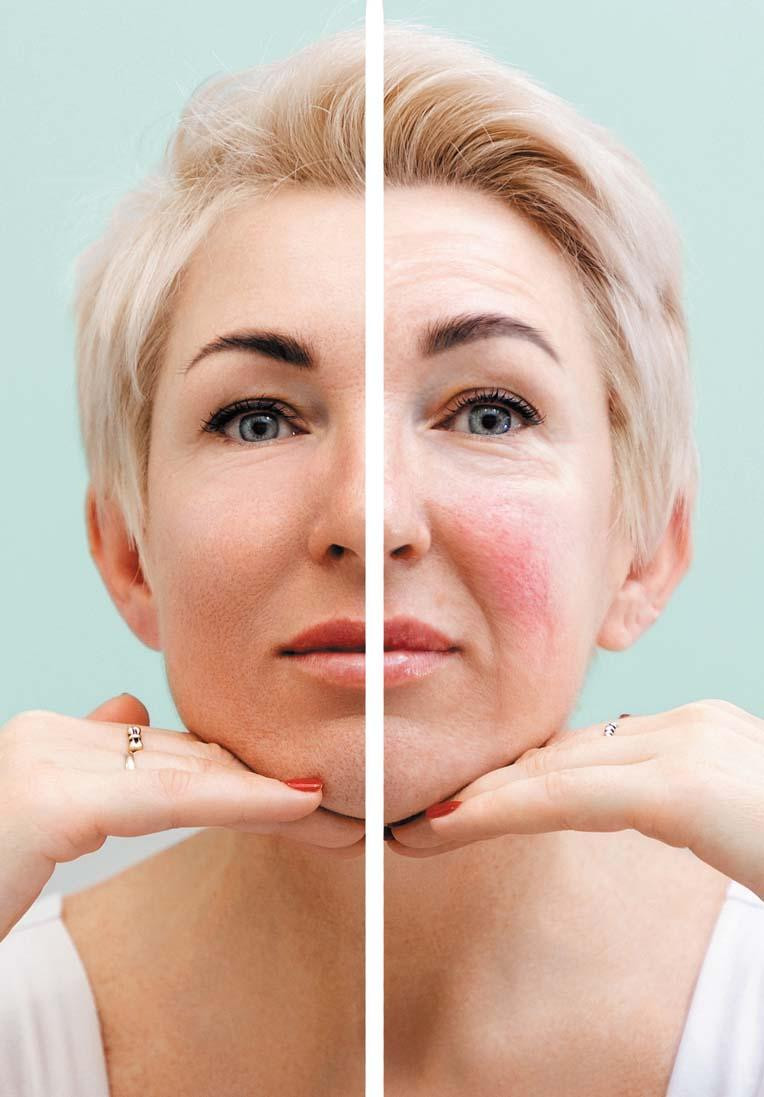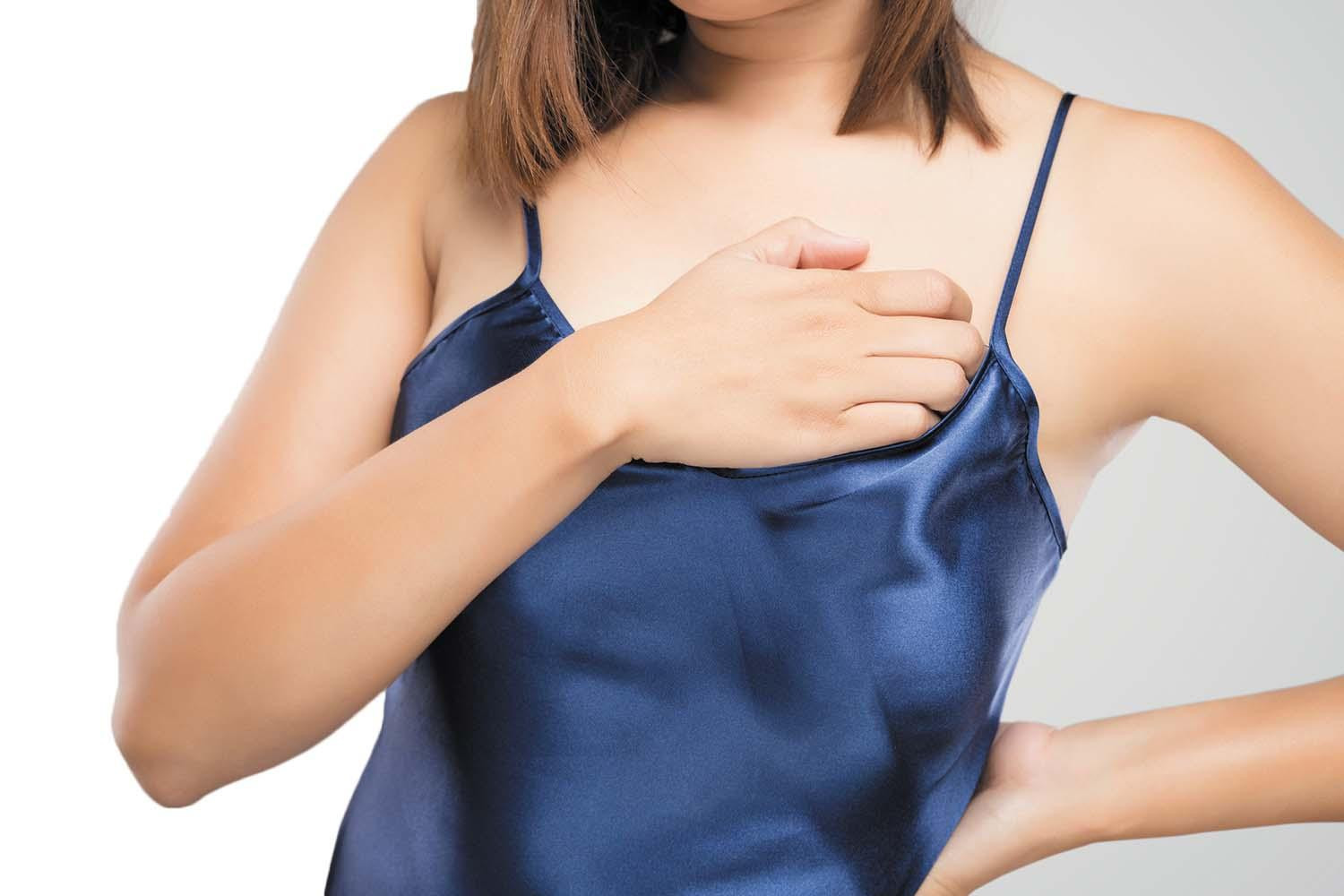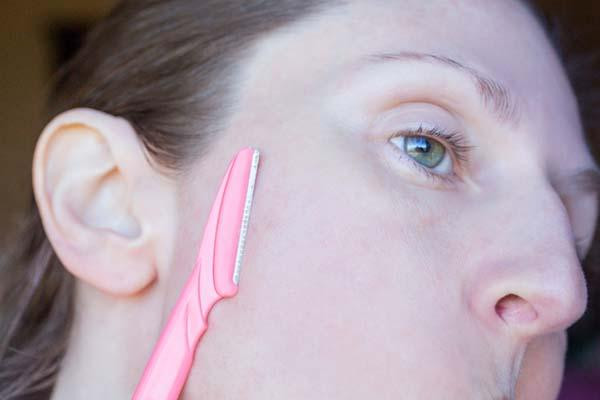
New thinking about plaque in arteries that feed the brain

Want to prevent shifting teeth? Maybe you need retainers

What you need to know about the new dietary guidelines

Food that’s healthier for people and planet can be cheaper, too

New evidence that polyphenol-rich foods help the heart

8 simple ways to reduce ultra-processed foods in your diet

How to curb your stress eating

How to spot Parkinson’s disease symptoms

Heart failure symptoms in women: How they’re different

GERD diet: Foods to avoid to reduce acid reflux
Skin and Hair Archive
Articles
Cosmetic injections more likely to produce side effects in people with certain conditions
A 2025 study suggested that people with certain chronic conditions were more likely to experience side effects after cosmetic injections with botulinum toxin (Botox, Dysport, Xeomin).
Is there a way to keep cold sores from coming back?
About half of Americans have herpes simplex virus type 1, which causes cold sores that can recur periodically. The virus can’t be eliminated, but topical and oral treatments can help. In addition, people can avoid cold sore triggers such as stress or fatigue.
Why do my lips seem thinner than they used to be?
People’s lips may appear thinner with age due to several factors, including lower production of collagen and elastin, proteins that provide plumpness to skin. Genes also play a role, as do habits such as smoking and excessive sun exposure.
Why do I bruise so easily?
As we get older, noticeable bruises are usually related to thinning skin and increasing fragility of the tiny blood vessels in the outer layer of skin. There is not much people can do about this, but they should see their doctors if bruising is excessive or becomes painful.
Is your skin problem actually an autoimmune condition?
Autoimmune disorders that may involve skin symptoms include psoriasis, lupus, scleroderma, dermatomyositis, vitiligo, bullous pemphigoid, alopecia areata, lichen planus, autoimmune thyroid disease, celiac disease, rheumatoid arthritis, and sarcoidosis.
What is toasted skin syndrome?
Toasted skin syndrome is a rash that develops in a fishnet-like pattern from direct, chronic, low-level exposure to heat sources such as laptops, electric blankets, heating pads, and heated car seats. The heat dilates superficial blood vessels under the skin, causing the rash.
Is this common skin problem overlooked?
A 2025 Finnish study found that rosacea often goes undiagnosed in people ages 70 or older. Researchers say this might be due to busy physicians with limited awareness of rosacea or patients’ own embarrassment or unwillingness to seek treatment.
Try this: Winter skin care
People can take several measures to protect against winter dry skin, such as using an indoor humidifier, washing carefully, following a moisturizing routine, and covering exposed skin when outdoors.
The head-scratching dilemma of itchy nipples and breasts
Itchiness of the breasts or nipples isn’t common, but can signal conditions both harmless and serious. Minor reasons for itchiness across the bra area include eczema, psoriasis, exposure to soaps or detergents, trapped moisture, and pregnancy and breastfeeding. More serious causes include infections, breast surgery, radiation treatment, and certain rare forms of breast cancer. Any skin changes on the breast that don’t improve over weeks should be evaluated by a doctor.
Is it safe to dermaplane my face?
Dermaplaning is a technique that removes hair and dead skin cells from the face. Dermaplaning uses a type of razor or scalpel. When performed properly, the technique is safe, though it can nick facial skin.

New thinking about plaque in arteries that feed the brain

Want to prevent shifting teeth? Maybe you need retainers

What you need to know about the new dietary guidelines

Food that’s healthier for people and planet can be cheaper, too

New evidence that polyphenol-rich foods help the heart

8 simple ways to reduce ultra-processed foods in your diet

How to curb your stress eating

How to spot Parkinson’s disease symptoms

Heart failure symptoms in women: How they’re different

GERD diet: Foods to avoid to reduce acid reflux
Free Healthbeat Signup
Get the latest in health news delivered to your inbox!
Sign Up
